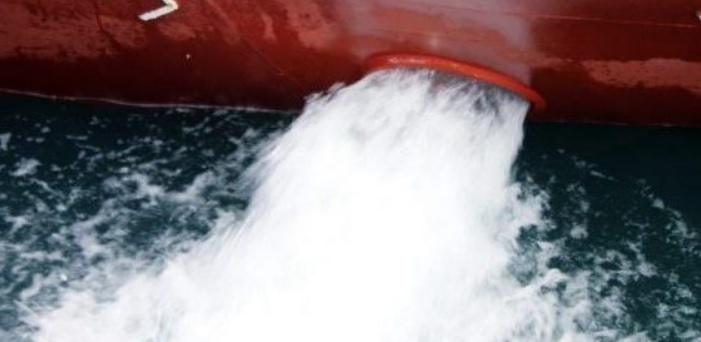The US Federal Maritime Commission (FMC) formally initiated its investigation of pending Canadian ballast water regulations alleged to be unfavorable and detrimental to US flag Laker vessels.
The Canadian regulations, if finalized as proposed, would require vessels in Canadian waters to develop and implement a BWM plan to be imposed upon US-flagged vessels when loading ballast water after offloading export cargo at Canadian ports.
As such, through a “Notice of Investigation and Request for Comments” voted Tuesday, the FMC specifies how interested parties can communicate with the Commission in this matter and establishes a deadline for filing comments 30 days following publication of the Notice in the Federal Register.
These comments will supplement information FMC staff collect in their investigation, following Lake Carriers’ Association (LCA) allegations in a petition filed at the Commission on 6 March 2020.
In their petition, the LCA alleges that pending regulations concerning ballast water management under consideration by Transport Canada are unfavorable to shipping in the US-Canada trade, pursuant to Section 19(1)(b) of the Merchant Marine Act, 1920 (Section 19).
On their part, Canada contends that the proposed regulations are required under IMO’s BWM Convention, to which Canada is a party, but the US is not.
However, LCA contends that the proposed regulations are not mandated by the IMO treaty, that compliance with the Canadian performance standard would be cost prohibitive for its members, and that the proposed regulations are intended to drive US operators from the cross-lakes trade. The Commission voted on 20 May 2020, to accept the petition.
Section 19 of the Merchant Marine Act, 1920, provides the Commission with authority to investigate and sanction discriminatory conditions caused by laws, rules, or regulations of foreign governments.
If the Commission finds that such regulations result in conditions unfavorable to shipping in a U.S.-foreign trade, then Section 19 provides the FMC with several remedies that include: levying fines on vessels calling at U.S. ports, prohibiting vessel calls at U.S. ports, and restricting cargos that may be carried between the U.S. and the foreign country.




































![]](https://safety4sea.com/wp-content/uploads/2024/06/shutterstock_2318996555-350x250.jpg)




























